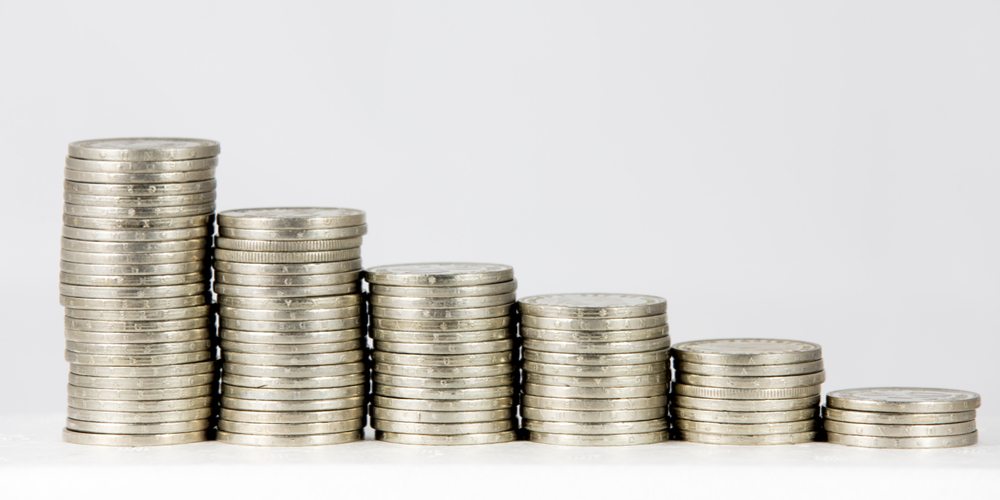New research has shown that more of us are retiring with a pension pot, but the income of people retiring now is still lower than prior to the financial crisis.
So, what’s going on? If more people have a pension, why are incomes lower?
The research, from Prudential, found that:
- Only 14% of people retiring in 2017 had no pension savings
- That’s down from 23% in 2008
- The largest increase in retirement saving has come from women; the percentage with no pension savings has fallen from 32% in 2008 to 17% in 2017
However, while initiatives such as auto enrolment mean more people have pension savings in addition to the State Pension, the income being generated via those funds, is falling.
The research found that people retiring in 2008 expected to live on £18,700 per year. That figure has fallen, despite a slight increase from 2013 onwards, to £18,100; some £600 below the pre-financial crisis level.
At a time of unprecedented stock market growth, and greater flexibility, following the introduction of Pension Freedoms the reasons for the fall might not be immediately apparent. However, the answer seems to lie in the decline of Final Salary pensions.
These schemes provide a guaranteed, and usually inflation-proofed income. The research found that people retiring in 2008 received 52% of their income from Final Salary pensions. This dropped to 42% in 2017.
As Final Salary schemes continue to be closed, with members forced into alternatives, the proportion of income that retirees get from these schemes will inevitably fall in the coming years, making it harder than ever to provide a secure income when you finish work.
There is an answer though.
Taking retirement planning seriously
Most of us want to retire at some point in the future. That means saving enough money during your working life, to provide an income, along with the State Pension, for the rest of your life from the date you give up work.
To do that you need to take retirement planning seriously and have a strategy.
Know your numbers: Until you understand what you want to do in retirement and when you’d like to finish working, you won’t know how much it will cost.
Once you know this, you can then calculate how much you need to put away each month.
Much of this is based on assumptions, particularly around inflation and investment returns. However, it is possible to do, and we use sophisticated financial forecasting software to help us.
Take the help that’s on offer: If you’re an employee you will almost certainly be able to join a workplace pension to which your employer and the taxman will contribute.
Join it; you need to take every bit of help that’s on offer and your employer’s contribution, along with tax-relief, will add a significant boost to your retirement planning which simply isn’t available with other options, for example ISAs (Individual Savings Accounts).
If you run your own business, remember pension contributions qualify for tax-relief and are a very efficient way of taking money from your business.
Auto enrolment, on its own, won’t be enough: Millions more people are now in workplace pensions. While that’s a good thing, there’s also a danger that once people are enrolled they will think that’s “job done” and pay less attention to their retirement planning.
In reality, it’s far from “job done”.
Auto enrolment contributions are set at 2% of your earnings between £113 and £866 per week and are due to rise to 8% from 6th April 2019. Unfortunately, this is woefully short of the amount needed to meet most people’s income needs in retirement.
Of course, it’s a great start; the employer contribution and tax-relief is useful, but it’s not enough. So, take advantage of the help on offer, but carry on planning yourself.
And the sooner you start planning the better.
Research from Unbiased has shown that the younger you are when you start planning for retirement, the more prepared you will feel.
Furthermore, taking independent financial advice is proven to boost retirement incomes too. Research, again from Unbiased, has shown that people who take advice:
- Save, an average of £98 more each month
- Have an additional income of £3,654 each year in retirement
If now is the time for you to start taking financial planning seriously, we are here to help.
Call us on 0113 262 1242, we’d love to help you.






